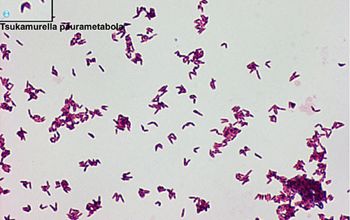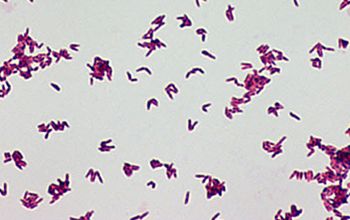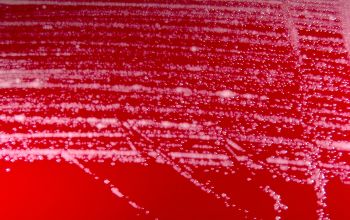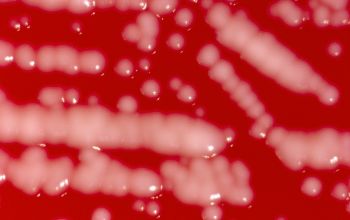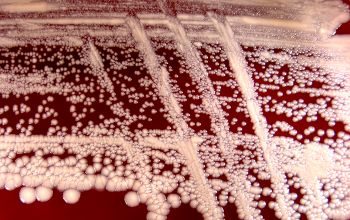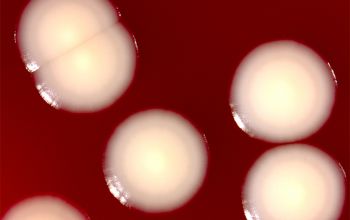Tsukamurella species
-
General information
Tsukamurella species are frequently misidentified as Rhodococcus or Corynebacterium species.
Taxonomy
Family: Tsukamurellaceae
Natural habitats
They have been found in soil, sludge, and arthropods.
Clinical significance
Are rarely found in humans.
Can cause opportunistic infections in humans.
Known infections are from the skin, peritonitis and catheter-related sepsis.
-
Gram stain
Gram positive rods,
0.5-0.8 x 1.0-5 µm,
straight to slide curved long rods, occur singly, in pairs, or in groups, very short rods may be seen (resembling difteroids),
no apparent branching.
Are often variable colored and granulated.
Mistake with Corynebacterium is possible.
modified Kinyoun
weakly / partially acid fast, sometimes strong positive
-
Culture characteristics
-
Obligate aerobic
BA: colonies are white, creamy to orange, small with convex elevation and may have rhizoid edges.
Colonies can be smooth or rough (mostly after prolonged incubation)
Aerial hyphae: negative
McConkey: growth
BBAØ: no growth
-
-
Characteristics
-
References
James Versalovic et al.(2011) Manual of Clinical Microbiology 10th Edition
Karen C. Carrol et al (2019) Manual of Clinical Microbiology, 12th Edition

